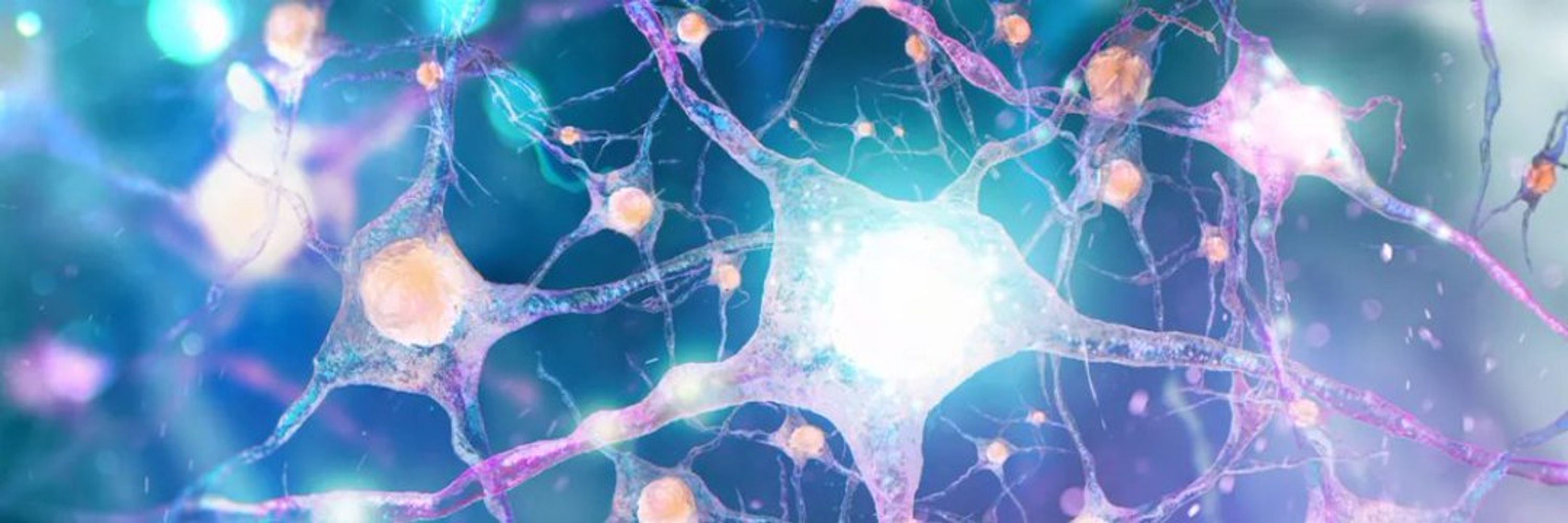Bertoglio lab (FMC/UFSC)
@bertogliolab.bsky.social
390 followers
260 following
1.5K posts
Catch the latest updates on aversive learning & memory, anxiety, fear, stress, and effects of psychedelics and cannabinoids from our rodent lab in Florianopolis, Brazil, and others!
Posts
Media
Videos
Starter Packs


















